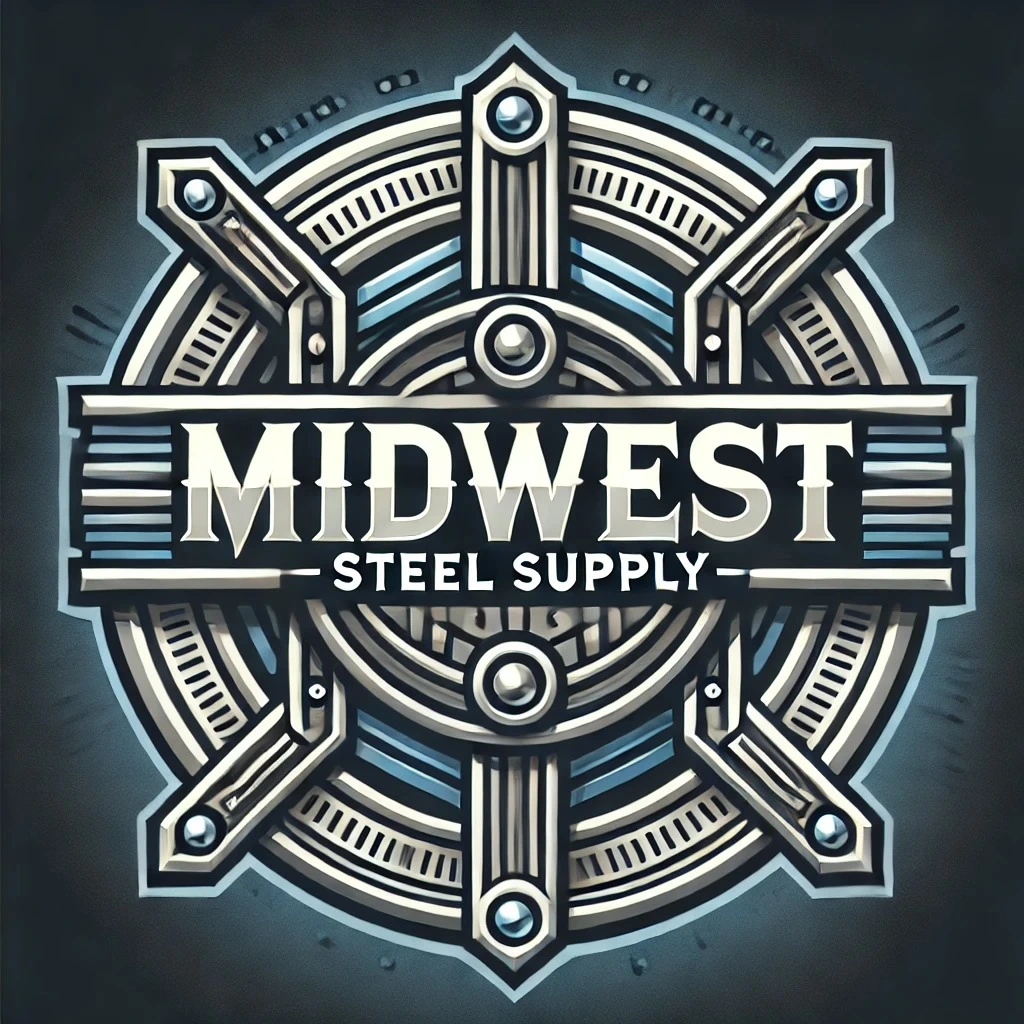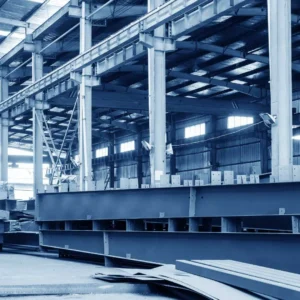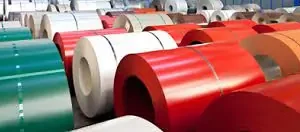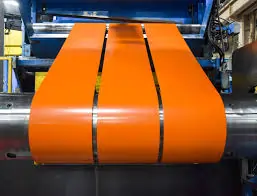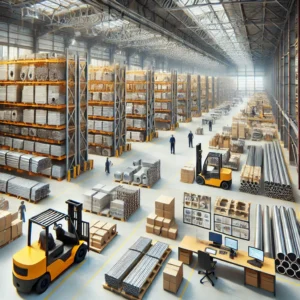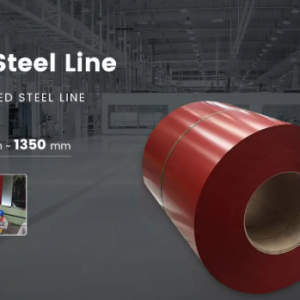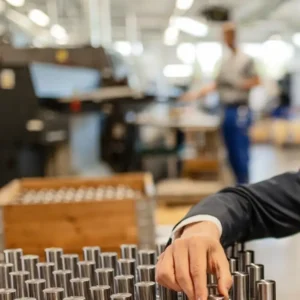Choosing the Right Angle Iron Metal Supplier for Your Project
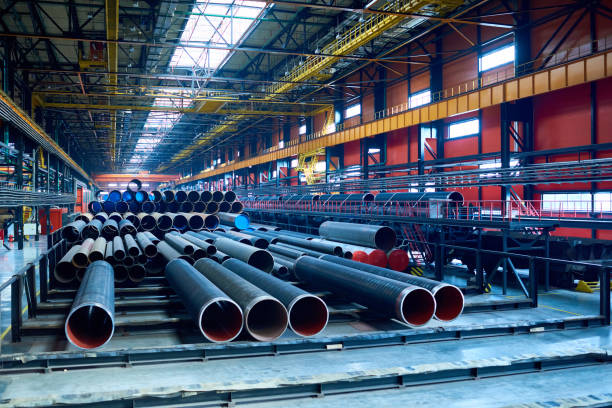
When it comes to construction, manufacturing, or structural frameworks, Angle iron metal supplier plays a crucial role. This L-shaped steel product is known for its strength, versatility, and cost-efficiency. Whether you’re building a frame, supporting a load, or reinforcing a structure, angle iron provides the support you need. However, the success of your project doesn’t just rely on the material itself—it heavily depends on selecting a reliable angle iron metal supplier.
In this article, we’ll explore what angle iron is, its common uses, and how to choose the right supplier to ensure quality, consistency, and value for your investment.
What Is Angle Iron?
Angle iron, also referred to as steel angle, is a piece of structural steel bent at a 90-degree angle. It is typically produced using either hot-rolled or cold-rolled steel. The two legs of the angle may be equal or unequal in length, depending on the application.
Angle iron comes in various sizes and thicknesses, making it suitable for a wide range of construction and industrial uses. It is commonly used for:
-
Framing and bracing
-
Structural reinforcement
-
Shelving and racks
-
Equipment supports
-
Fabrication projects
-
Trailers and truck frames
Due to its versatility and strength, angle iron is in constant demand. This makes the role of a trusted angle iron metal supplier even more critical.
Why the Right Angle Iron Metal Supplier Matters
You might find angle iron at many hardware stores or online marketplaces, but when it comes to large-scale or professional applications, you need a dedicated metal supplier. Here’s why choosing the right one matters:
-
Quality Assurance
A reputable supplier sources high-grade steel, ensures dimensional accuracy, and adheres to industry standards such as ASTM or ISO certifications. -
Reliable Inventory
Projects often require angle iron in specific lengths, thicknesses, and finishes. A reliable supplier maintains a wide inventory to meet varied demands. -
Consistent Supply Chain
Delays in material delivery can impact project deadlines. Top suppliers have efficient logistics systems to ensure on-time delivery. -
Customization Services
Many professional angle iron suppliers offer cutting, drilling, punching, and coating services to deliver materials that are ready for immediate use. -
Expert Guidance
Technical support and expert advice can be invaluable, especially if you’re unsure about the specifications needed for a project.
Key Qualities of a Good Angle Iron Metal Supplier
To ensure that your project goes smoothly, here are the top factors to consider when choosing an angle iron metal supplier:
1. Experience and Reputation
Look for suppliers who have been in the metal business for several years and have a proven track record. Established companies are more likely to offer consistent quality and better service.
2. Range of Products
Does the supplier offer both equal and unequal angle irons in various sizes and grades? The more variety, the easier it is for you to find what you need.
3. Material Grades
Angle iron can be made from different steel grades like A36, A572, or galvanized steel. Your supplier should provide full documentation and specs for each type.
4. Customization Capabilities
Can the supplier cut to size? Do they offer coating or finishing options like powder coating, hot-dip galvanizing, or primer painting?
5. Competitive Pricing
Price matters, but it should never come at the expense of quality. Get quotes from multiple suppliers and compare not just the base price, but also the value-added services they offer.
6. Logistics and Delivery
Ensure the supplier can handle timely shipping, especially if you’re working on tight deadlines. Look for suppliers with strong regional or nationwide delivery networks.
7. Customer Support
A supplier should be easy to reach, responsive, and willing to resolve issues quickly. Good customer service can make all the difference in a high-pressure project environment.
Benefits of Working with a Local vs. National Supplier
When choosing an angle iron metal supplier, you’ll often need to decide between local and national providers. Each option has pros and cons:
-
Local Suppliers
-
Faster delivery times
-
Easier communication
-
Potential for lower shipping costs
-
-
National Suppliers
-
Larger inventory and selection
-
More advanced processing services
-
Ability to handle bulk and recurring orders
-
The right choice depends on the scale and needs of your project.
Sustainability in Metal Supply
Sustainability is becoming increasingly important in the metal industry. Many angle iron metal suppliers now implement green practices, including recycling scrap metal, reducing emissions in their processes, and offering eco-friendly coating options. If environmental responsibility matters to your business, be sure to ask suppliers about their sustainability practices.
Final Thoughts
Finding a dependable angle iron metal supplier is more than just a purchasing decision—it’s about creating a partnership that supports your business goals. Whether you’re sourcing materials for a one-time build or need a long-term supply for ongoing projects, the right supplier will deliver consistent quality, expert support, and cost-effective solutions.
By evaluating suppliers based on experience, product range, customization, logistics, and customer service, you can ensure that your angle iron needs are met efficiently and professionally.
Choose wisely, and you’ll have more than just steel—you’ll have a strong foundation for your next successful project.
